Imam Musa al-Sadr, the man who planted seeds of resistance against US, Israel
By Musa Iqbal
Throughout history, there were extraordinary figures who planted powerful seeds but were unable to watch them grow into powerful trees with nourishing fruits.
Their lives were cut short by the very injustices they fought against, however, the seeds they planted continue to blossom, carrying forth the ideas of the planter and sustaining the people they cared for.
Such is the inspiring story of Imam Sayyed Musa Al-Sadr, who was born on June 6, 1928, in the Iranian holy city of Qom, and disappeared on August 31, 1978, in Tripoli, Libya.
His whereabouts remain shrouded in mystery till late, although it’s believed that he was martyred.
Musa Sadr came from a clerical background and pursued religious studies from an early age. He studied for many years in the Iraqi holy city of Najaf before moving to Lebanon.
His teachings and leadership in Lebanon led to the formation of an Islamic resistance movement that would develop and grow to humiliate both the United States and the Zionist regime.
Founder of Harakat al-Mahrumin or “Movement of the Dispossessed,” his resistance work eventually led to the formation of the Amal Movement, and later on Hezbollah, which united Muslims in Lebanon and the region under the banner of Islam, community, and resistance.
Musa Sadr studied Islamic sciences, primarily focusing on Islamic jurisprudence and theology, under the tutelage of eminent scholars Ayatollah Muhsin al-Hakim and Grand Ayatollah Abul Qasim Khoee.
Spending much of his young adult years in the 1950s between Iran and Iraq, he witnessed the turmoil of a region within the crosshairs of American and British colonialism and imperialism.
The early days of the Cold War were ripe with uprisings across Northern Africa and West Asia, where popular resistance sought to overthrow colonial powers that had weakened as a result of World War II.
At the same time, these very same colonial powers, weakened to some degree, were vicious about maintaining their influence and control of the region - particularly the United States, which was quickly moving to consolidate resources and control in the region as European powers were weakened.
Most Western powers also threw their support behind the newly created Zionist occupation, which was supported militarily primarily by the US and UK, as the Zionist entity served as a key outpost for their imperialist schemes to penetrate the region.
Clearly, a power struggle was beginning to unfold. Uncertainty filled the air and decolonial forces struggled against both the yoke of old imperialist order and a new hegemonic imperialist order brought on by the US, and regionally enforced by the Zionist occupation.
Zionist forces carried out bombings not only in now-occupied Palestine but also in Egypt, Iraq, Lebanon, Jordan, and other Arab countries.
At the request of Ayatollah Muhsin al-Hakim, Musa Sadr left for Tyre, southern Lebanon, in 1959. Here is where the young Imam would ultimately solidify and immortalize his legacy.
For decades, the Shia population in southern Lebanon lived under egregious conditions. Poverty and political alienation gripped the community. Lebanese ruling-class politicians who were aligned with US interests or profited from sectarian exploitation had turned a blind eye to the needs of the south, who were primarily left to their own devices to make ends meet.
In short, the Shia community needed desperate economic and social rejuvenation - as well as political representation that materially benefited the community without compromising its Islamic values.
Musa Sadr wasted no time. Years of ground-level organizing in the south resulted in the establishment of orphanages, vocational and technical schools, and of course an Islamic Institute.
In 1974, after tireless months of meeting with local Shia workers and officials, he established the "Harakat al-Mahrumin” which translates to the “Movement of the Dispossessed.”
Otherwise known as the Amal movement, the organization became the first major force of Shia representation in Lebanon. Though it was rooted in Islamic thought, the movement sought to unite all dispossessed people in the south, even among the Christian communities.
In the backdrop of Musa Sadr’s unending work for uplifting the local population was Zionist aggression. Just a few kilometers away, the Israeli regime was constantly carrying out aggression in northern occupied Palestine, causing great strife for both the southern Lebanese population and the Palestinian population, who sought refuge in Lebanon and vowed retaliation against the occupation.
Musa Sadr understood the plight of the Palestinians as well as that of the local Lebanese people. Condemning the Zionist occupation, he famously said Israel is the “ultimate evil.”
His meetings with locals and politicians stressed the importance of uniting against the Zionist aggressor.
“Every bullet that is shot at a Christian village is as if it is shot at my home, my heart, and my children,” he was once quoted as saying.
Musa Sadr was intent on uniting the broad masses of people against tyranny, particularly of a foreign aggressor like the Zionist occupation. He alerted the people early on about the Zionist aggressor’s intentions to expand and subjugate the region.
During his visit to Lebanon, Iranian FM Hossein Amir-Abdollahian met with the family of Imam Musa Sadr, a prominent Shia cleric of Iranian descent who disappeared in Libya in 1978. pic.twitter.com/eQPJvMiGVp
— Press TV 🔻 (@PressTV) September 2, 2023
He stressed the importance of defense against this aggressor, which his legacy would solidify.
In 1978, Libyan leader Muammar Gaddafi invited Musa Sadr to Tripoli. August 31 was the last time he was seen alive, in Libya. Many claim that Gaddafi ordered his murder or captivity, but no concrete proof has surfaced, even after the US illegal bombing and overthrow of the Libyan leader in 2011.
Others speculate that he still may be alive in captivity, but even current Libyan authorities have not - or refused to - surface any new evidence of his whereabouts.
Musa Sadr would presumably never witness the fruits of his work. Just a year later, the historic Islamic Revolution in Iran deposed the West-backed Pahlavi regime.
Imam Musa worked closely with Iranian revolutionaries such as Mostafa Chamran, who worked alongside Musa Sadr in developing the Amal movement as well as working alongside the Palestinian Resistance Organization (PLO) in southern Lebanon.
Chamran would be a key revolutionary for the Islamic Republic, using his experience working alongside Musa Sadr to ascend to the position of the Islamic Republic’s first defense minister.
The Amal movement would blossom into a strong political organization of its own, and from Amal would stem the Lebanese resistance group Hezbollah, composed of Amal members who wanted to pursue a more Islamic direction than the slightly secular-leaning Amal.
Hezbollah would lead the charge against the Zionist occupiers for years to come, particularly during the Israeli occupation of Lebanon starting in the 1980s.
Musa Sadr’s warning against Zionist expansion proved to be completely accurate, and his followers were well-prepared for what was to come. For years, Hezbollah would engage the Zionist aggression, side by side with the Amal movement, despite their minor political differences.
Hezbollah, as the main driving force, kicked out Israel from Lebanon after nearly two decades of occupation in 2000, humiliated it further in 2006 with another earth-shaking defeat, and assisted Syrian allies in crushing US-backed Daesh forces in 2013 onwards, and now is part of a strategic chokehold on Israeli forces in the wake of Palestinian resistance operation Al Aqsa Flood.
The charismatic Musa Sadr’s legacy was forged with strategic unity of the dispossessed and cemented in resistance against occupiers.
The Amal movement and Hezbollah are still strong today, with Hezbollah exceeding over 2,000 operations against the Zionist entity since October 7, and Amal participating in their own operations.
Musa Sadr’s charismatic personality and eagerness to engage with the most dispossessed served as a framework for Amal and Hezbollah, who retain the support of masses of people in south Lebanon.
The whereabouts of Musa Sadr remain a mystery. However, his legacy is alive and illuminating for all to see and witness. He inspired hope, bravery, unity, and resistance that others had previously neglected.
His dedication to uplifting the most downtrodden in society to positions of power and dignity can be seen in southern Lebanon today, where heroic operations in solidarity with the Palestinian cause continue unabated.
Musa Iqbal is a Boston-based researcher and writer with a focus on US domestic and foreign policy.
(The views expressed in this article do not necessarily reflect those of Press TV.)
Araghchi: Iran never left negotiation table as its nuclear program ‘peaceful’
Jan. 14: ‘Axis of Resistance’ operations against Israeli occupation
VIDEO | UNRWA’s financial crisis deepens amid support cuts
South Korean President Yoon arrested over failed martial law bid
VIDEO | Press TV's news headlines
US budget deficit surges to record $711 billion
VIDEO | Yemeni army conducts three attacks against Israel within 12 hours
VIDEO | Gaza’s kidney patients face imminent death amid lack of fuel


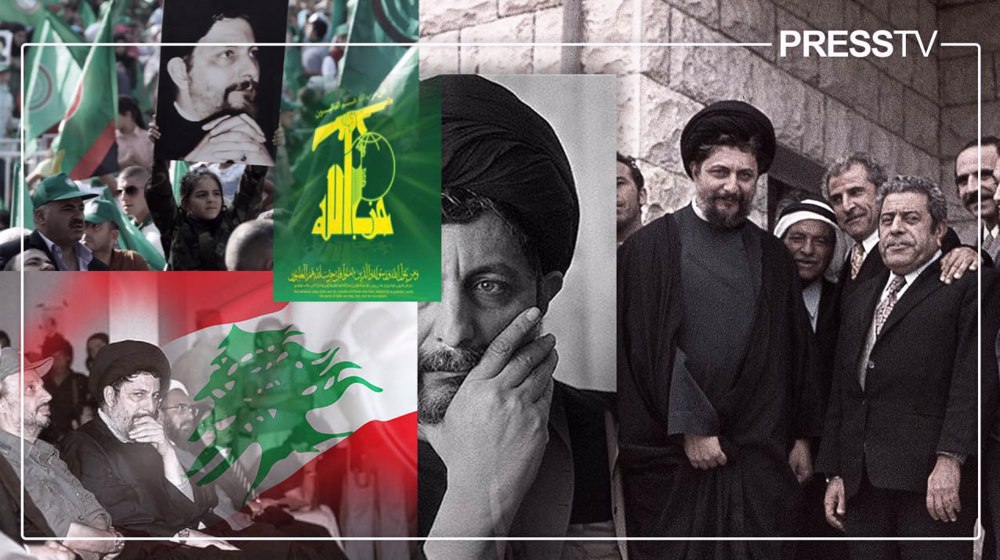
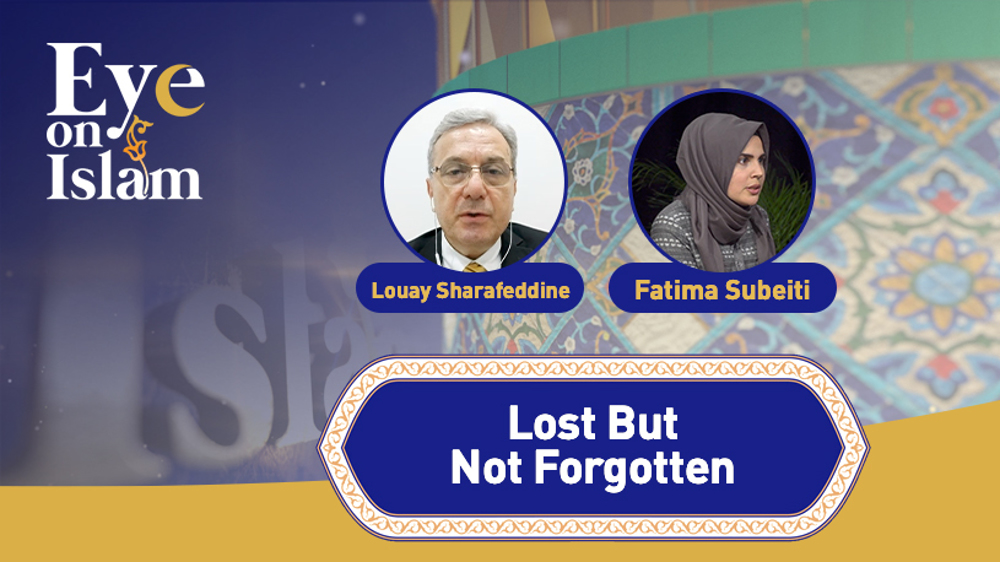
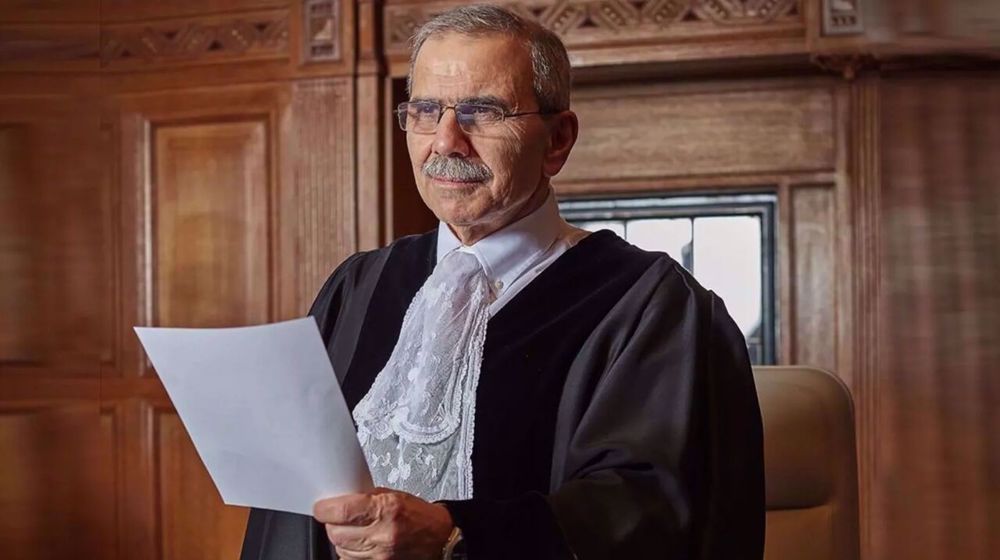
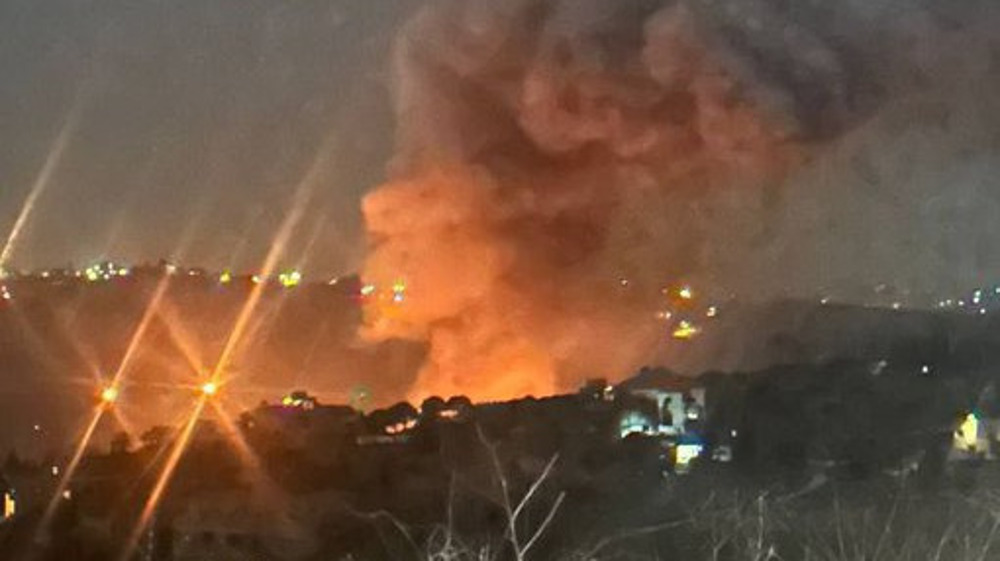
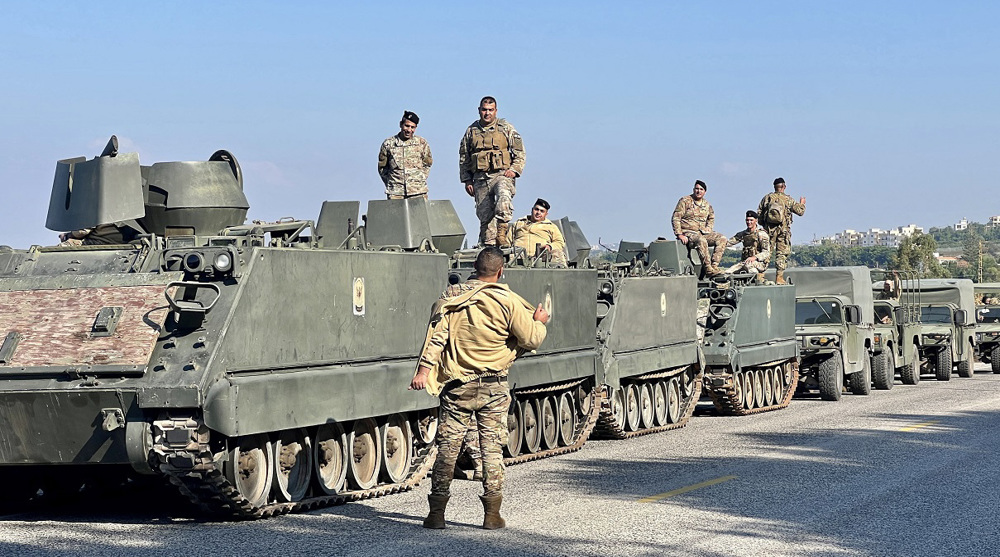



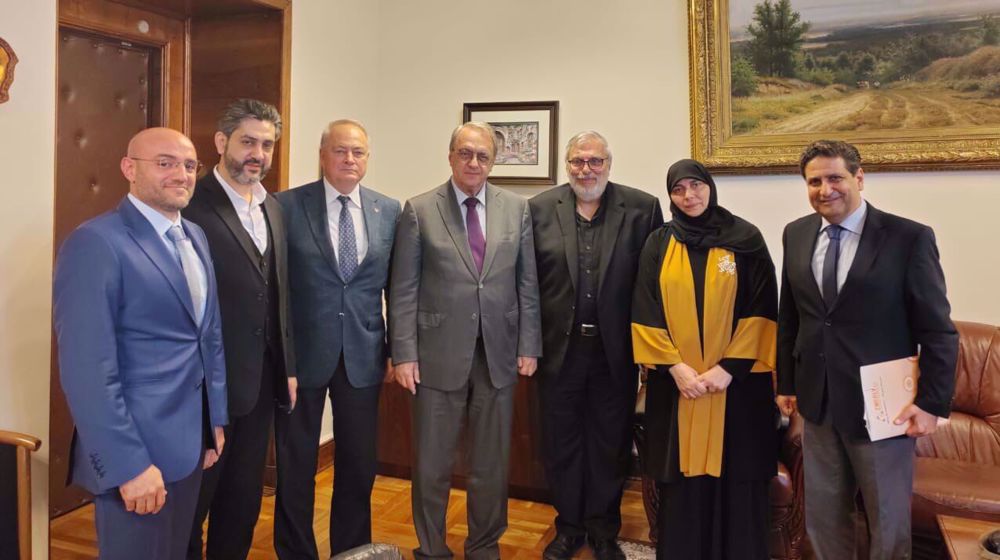
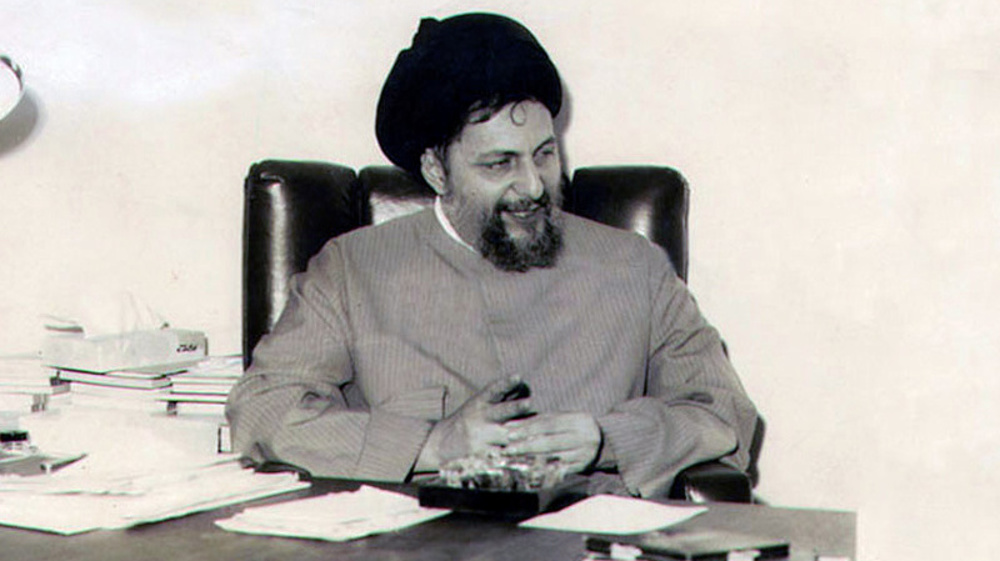
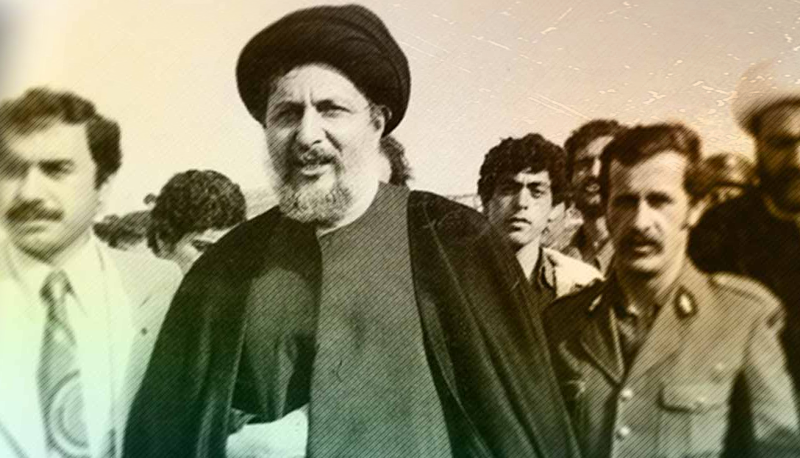


 This makes it easy to access the Press TV website
This makes it easy to access the Press TV website